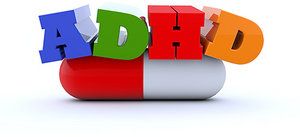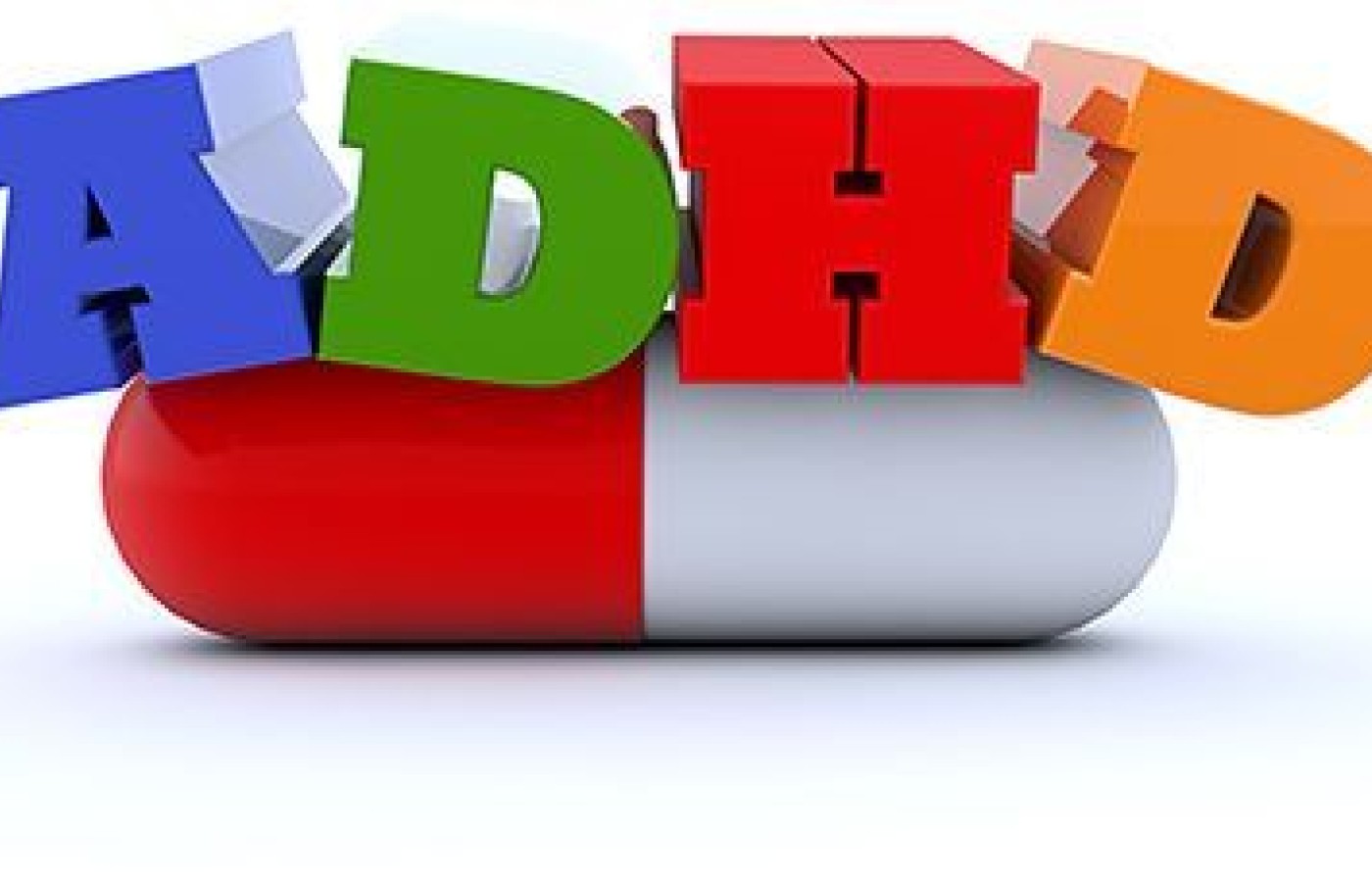It’s a new year and many chiropractors are evaluating what will enhance their respective practices, particularly as it relates to their bottom line. One of the most common questions I get is: “Do I need to be credentialed to bill insurance, and what are the best plans to join?” It’s a loaded question – but one every DC ponders. Whether you're already in-network or pondering whether to join, here's what you need to know.
The Drug Epidemic: Are You Guilty, Too?
Attention-deficit / hyperactivity disorder (ADHD) has become epidemic among children in the United States. According to the Centers for Disease Control and Prevention (CDC), the percentage of school-aged children diagnosed with ADHD has grown from 7.8 percent in 2003 to 11.0 percent in 2011.1 (This is compared to a worldwide prevalence of only 5.29 percent as of 2001.)2
And while many believe the ADHD increase in the U.S. is associated with the measles-mumps-rubella (MMR) vaccine or vaccines in general, a 2009 review article appearing in Alternative Medicine Review3 cites a preliminary study published in 2008 suggesting "acetaminophen (Tylenol, etc.) use after measles-mumps-rubella vaccination [is] associated with autistic disorder."4
The article cites an association between the increased use of acetaminophen in the 1980s and the rise in ADHD diagnosis in children. Needless to say, these studies didn't force Children's Tylenol off the shelves.
An interesting study published three months ago in the International Journal of Epidemiology supports the potential danger, suggesting the use of acetaminophen by expectant mothers is "associated with a greater number of autism spectrum symptoms in males and showed adverse effects on attention-related outcomes for both genders."5
According to the authors, exposure to any acetaminophen in utero increases the likelihood of hyperactivity / impulsivity symptoms by as much as 40 percent compared to non-exposed children. Greater frequency of use by the mother raised the likelihood to double that of non-exposed children.

This latest study is in addition to an earlier study published this year, and in the same journal, detailing an increased risk of childhood asthma associated with the use of paracetamol (acetaminophen). The authors of that study concluded their findings provide evidence "that prenatal and infant paracetamol exposure have independent associations with asthma development."6 The increases in asthma risk were quite significant: as much as five times higher, depending on the amount of acetaminophen taken.7
So, for the past 30-40 years, health care providers have been handing out and recommending a drug current research suggests may be behind the asthma and ADHD epidemics we currently face. (This trend has risen to an obscene level, as 24.6 billion doses were sold in 2008, corresponding to more than 80 doses per person in that year alone.)
Given the above and with the expectation of more supporting studies, virtually every medical provider (MD, RN, etc.) can reflect on the fact that they have recommended a drug being shown to cause asthma and ADHD in children. Not something I would feel comfortable owning up to if I were in their shoes; particularly if I failed to explain that drugs taken by expectant mothers are amplified to the fetus, and that developing children can experience significant harm from drugs that may have less of a negative impact on adults.
Now here's my big question: Are you guilty, too? Have you (knowingly or unknowingly) encouraged or otherwise facilitated the use of these so-called "safe" drugs with your patients, family or others?
Tylenol was introduced in 1955 and gained in popularity in the 1980s. But it is only now that we are beginning to understand the negative impact to our nation's health and the health of our children. Imagine what we will discover about more potent drugs in the future…
As I have said before, there is no such thing as a safe drug; just drugs with dangerous side effects waiting to be (or already) discovered. Make sure your intake / history includes questions about current medication use (OTC and prescription) and ensure patients have been educated on the potential risks.
References
- Key Findings: Trends in the Parent-Report of Health Care Provider-Diagnosis and Medication Treatment for ADHD: United States, 2003-2011. Centers for Disease Control and Prevention.
- Polanczyk G, de Lima MS, Horta BL, et al. The worldwide prevalence of ADHD: a systematic review and metaregression analysis. Am J Psychiatry, 2007;164:942-948.
- Good P. Did acetaminophen provoke the autism epidemic? Altern Med Rev, 2009;14:364-372.
- Schultz ST, Klonoff-Cohen HS, Wingard DL, et al. Acetaminophen (paracetamol) use, measles-mumps-rubella vaccination, and autistic disorder: the results of a parent survey. Autism, 2008;12:293-307.
- Avella-Garcia1 CB, Julvez1 J, Fortuny J, et ak. Acetaminophen use in pregnancy and neurodevelopment: attention function and autism spectrum symptoms. Int J Epidemiol, June 28, 2016 (online ahead of print).
- Magnus MC, Karlstad O, Håberg SE, et al. Prenatal and infant paracetamol exposure and development of asthma: the Norwegian Mother and Child Cohort Study. Int J Epidemiol, Feb. 9, 2016 (online ahead of print).
- Petersen D. "An Alarming Lack of Accountability." Dynamic Chiropractic, May 1, 2016.
Read more findings on my blog: http://blog.toyourhealth.com/wrblog/. You can also visit me on Facebook.



